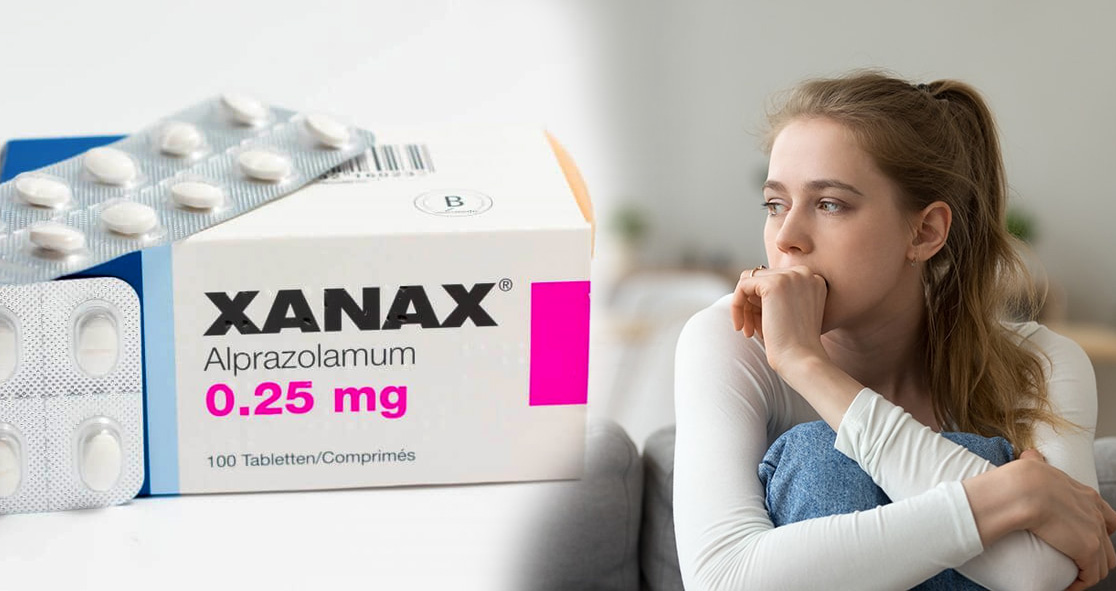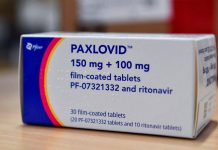Generic Xanax contains alprazolam, a drug that belongs to the class of pharmacological agents called benzodiazepines. Other benzodiazepines include diazepam (Generic Valium), clonazepam (Generic Klonopin), lorazepam (Generic Ativan), flurazepam (Generic Dalmane).
Benzodiazepines are known to boost the effects of a neurotransmitter called gamma-aminobutyric acid (GABA) that inhibits brain activity. Experts believe that excessive brain activity can cause anxiety and other mental health disorders. The Food and Drug Administration (FDA) approved alprazolam in October 1981.
Uses
Generic Xanax is indicated for the treatment of anxiety disorders and panic attacks. The symptoms of anxiety disorders include unrealistic worry, restlessness, aches and pains, trembling breathlessness, palpitations, perspiration, cold clammy hands, dizziness, flushing, and exaggerated startle responses. The drug is typically used for treating anxiety caused by panic attacks.
Names
Pfizer is the manufacturer of the brand Xanax. However, since its patent has expired, some pharma companies develop Generic Xanax, such as Pfizer’s division Upjohn, Actavis Elizabeth, Apotex, Aurobindo Pharma, Breckenridge, Mylan, Natco, Sandoz, Sun Pharm, and Vintage Pharms.
Generally, alprazolam is an inexpensive drug. As said above, the drug is available in brand as well as generic versions. According to GoodRx, most Medicare and insurance plans cover Generic Xanax and the lowest price for the most common version of Generic Xanax is around $5.62, which is more than 55% off the average retail price of brand Xanax that costs $12.96.
Dosage
Generic Xanax dosage is based on a patient’s medical condition, age, and drug response so doctors may advise a lower dose first to check the response to the drug. If you respond well with no major side effects, your doctor may gradually increase the dose. Follow your doctor’s instructions to use this anxiolytic safely and carefully.
For anxiety disorders, Generic Xanax is initiated with a dose of 0.25 to 0.5 mg thrice daily, according to Rx List. For panic disorder patients, doctors may advise Generic Xanax at doses greater than 4 mg daily. For more information on the dosage of alprazolam, talk with your prescribing doctor.
Interactions
Like all synthetic drugs, alprazolam interacts adversely with certain medications, altering or reducing the drug’s effects, which is why you must inform your doctor about all the medications, including prescription or OTC drugs, you have been taking. Some products containing kava or sodium oxybate may interact with alprazolam.
Certain antifungals, antidepressants, HIV medications, macrolide antibiotics, and drugs containing phenytoin can affect the elimination of alprazolam from your body, impeding the effects of alprazolam. Other products that may interact with Generic Xanax include opioid painkillers such as codeine and hydrocodone, alcohol, marijuana, muscle relaxants, and antihistamines such as cetirizine or diphenhydramine.
Side Effects
Most patients who use Generic Xanax experience mild side effects such as dizziness, drowsiness, increased salivation, or change in sex drive. If these side effects persist or aggravate, tell your doctor right away. To prevent or minimize the effects of dizziness and lightheadedness, you can get up slowly from a seating or lying position.
Serious side effects of Generic Xanax are rare. However, you should immediately see your prescribing doctor if you experience mental or mood changes such as hallucinations, suicidal thoughts, trouble speaking, trouble walking, or memory problems.
Precautions
You should inform your doctor about your drug allergies before he/she prescribes you alprazolam. People with benzodiazepine allergies should never use Generic Xanax. Similarly, you should inform your doctor about medical conditions you have, such as severe respiratory issues, liver or kidney disease, personal or family history of drug abuse, or glaucoma. Generic Xanax may make you a bit dizzy or drowsy so avoid alcohol and marijuana. Also, avoid driving, operating machinery, or doing things that need alertness during treatment. Older people may be more sensitive to the side effects of alprazolam, especially loss of coordination and drowsiness, according to WebMD.























